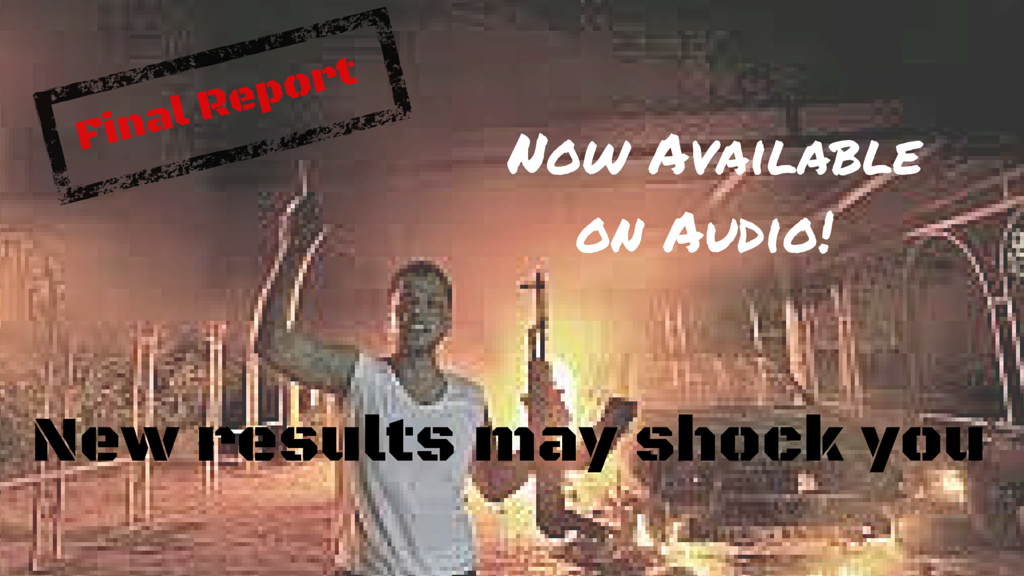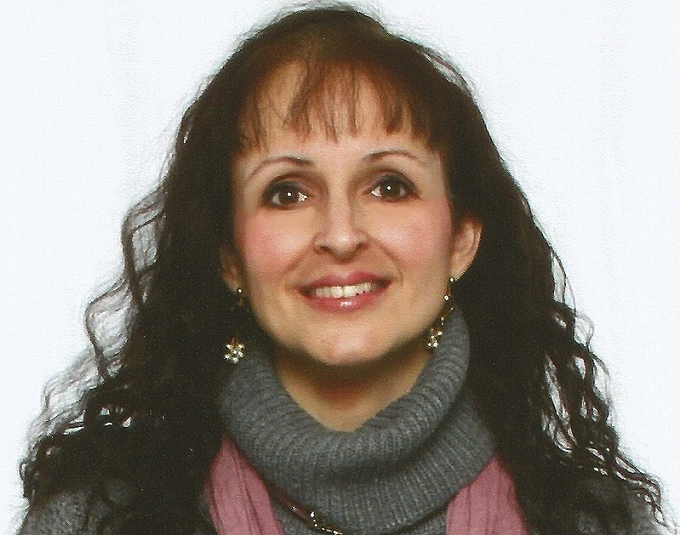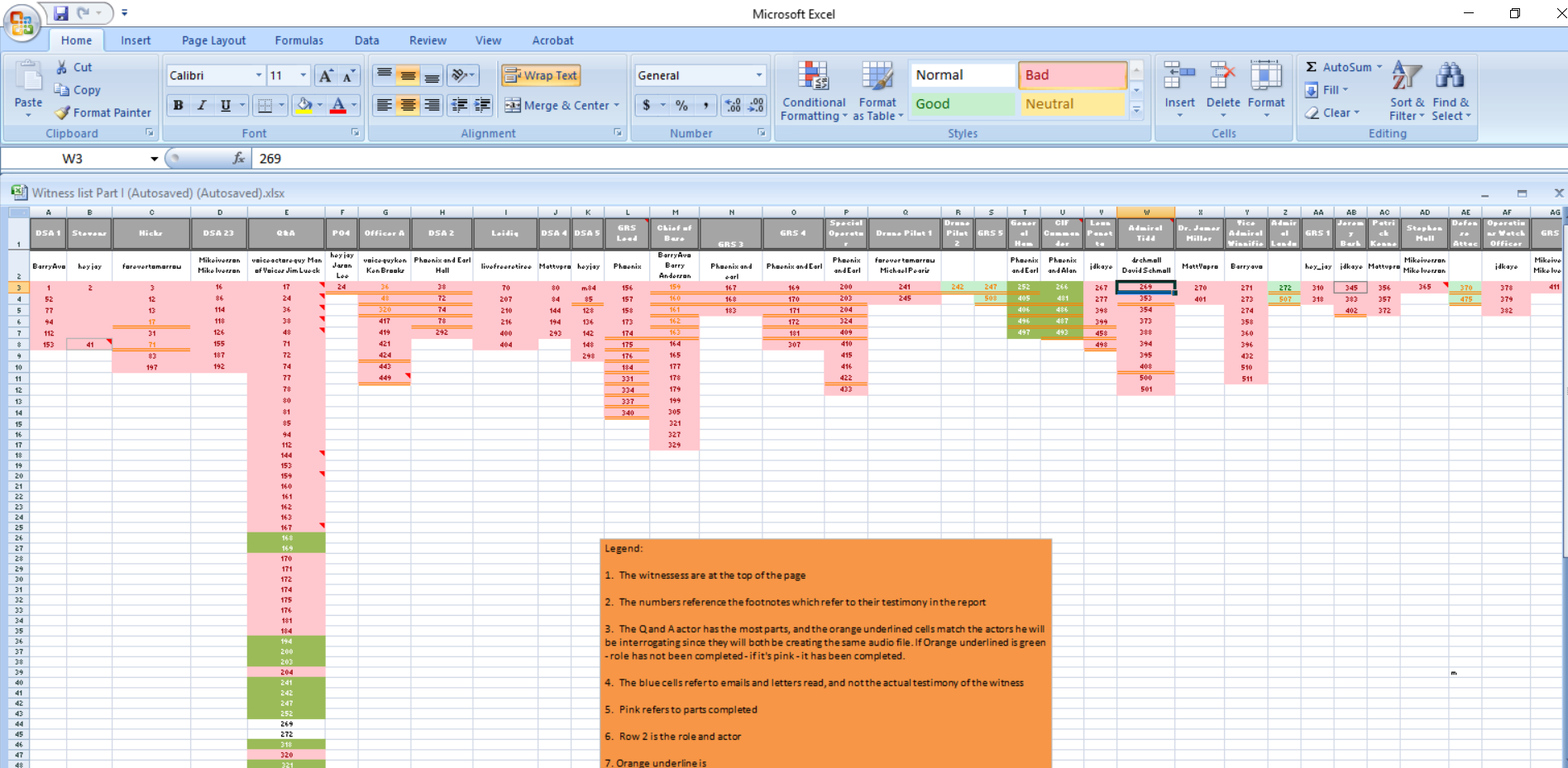Actor
Role
Excerpt
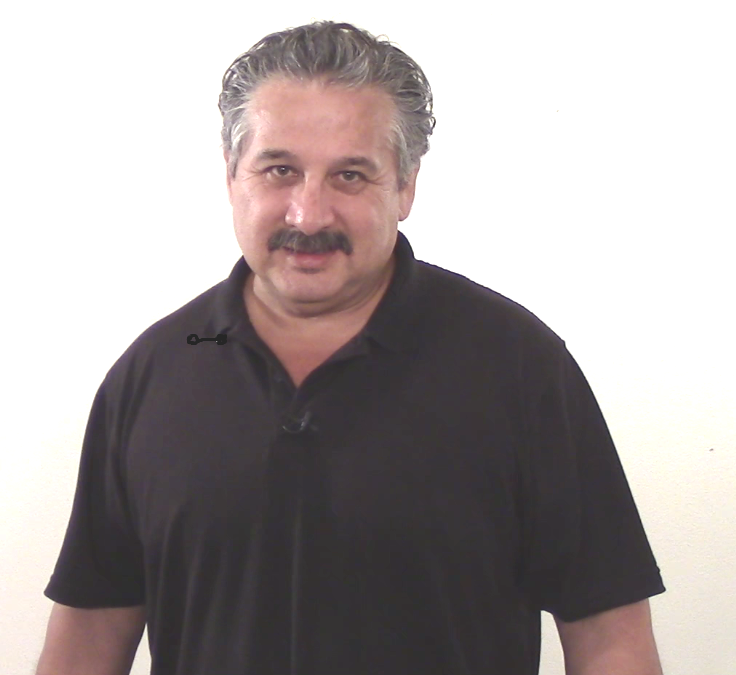
Leonardo Bustos
Narrator and Producer - Leonardo is an internet marketer who's passion for truth and justice in government affairs motivated him to become an expert on what really happened in Benghazi Libya before, during and after the attack on September 11, 2012.
Leonardo has researched nearly every book and blog on the subject. He has viewed nearly every interview, documentary and movie shown on the internet, TV and big screen.
He concludes that there is too much misinformation and half truths available to the public. His desire is to set the record straight by objectively reporting and letting the viewer or listener decide after hearing first hand accounts of those who were really involved.
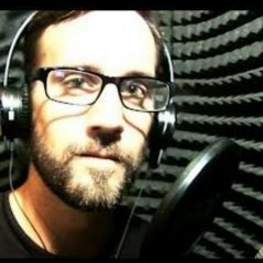
Jonathan Nyberg
Trey Gowdy, Chairman of the Benghazi Select Committee - Chairman Gowdy has represented South Carolina’s 4th District since 2011. Mr. Gowdy also serves on the House Committees Ethics, Judiciary, and Oversight and Government Reform. He is Chairman of the Subcommittee on Immigration and Border Security for the Judiciary Committee.

Barry Anderson
Diplomatic Security Agent # 1—March 6, 2015: Joined Diplomatic Security as a Special Agent in 2011 after eight years in the U.S. military, where he specialized in explosives disposal. Arrived in Tripoli in mid-August 2012 for a 60 day assignment. Traveled with Stevens and another agent to Benghazi on September 10, 2012.

Matt Maholm
Miller, James (Ph.D.)—May 10, 2016: At the time of the attacks, served as Under Secretary of Defense for Policy, a principal advisor to the Secretary of Defense on matters of national security and defense policy.
Kennedy, Patrick—Under Secretary for Management since 2007 and is responsible for finances, budgets and contracting, resources (both personnel and facilities), logistics, and security for Department of State overseas and domestic operations.

Mike Iverson
Diplomatic Security Agent # 23—Special Agent, Bureau of Diplomatic Security and Regional Security Officer in Tripoli, Libya on the night of the attacks
FAST Commander—The Marine Corps’ Fleet Antiterrorism Security Team [FAST] is a special operations team on standby to temporarily augment existing security. He provided information about when his team received their orders, when they were ready to deploy, and when they actually deployed.
GRS # 2—May 27, 2015: A member of the GRS who was present when the Annex facility was attacked.
Congresswoman Susan W. Brooks represents the 5th District of Indiana. She currently serves on the House Energy and Commerce Committee and is a member of the Commerce, Manufacturing and Trade, the Health, and the Oversight and Investigations Subcommittees. Susan also serves on the House Ethics Committee and the Select Committee on the Events Surrounding the 2012 Terrorist Attack in Benghazi.
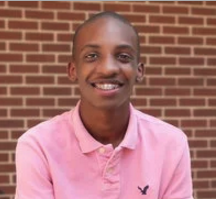
Jayson Lee
Ambassador John Christopher "Chris" Stevens was an American career diplomat and lawyer who served as the U.S. Ambassador to Libya from May 22, 2012 to September 11, 2012.
Principal Officer # 4—May 8, 2015: A Foreign Service officer since 2002, he was present in the operations center during the attacks and following the attacks, met with the surviving agents.
Diplomatic Security Agent # 5—April 1, 2015: Joined Diplomatic Security as a Special Agent. Secured the Ambassador and Sean Smith in the makeshift safe haven when the attacks began.
GRS # 1—May 22, 2015: A member of the Global Response Staff [GRS] who responded to the State Department facility when it was attacked and was present when the Annex facility was attacked.
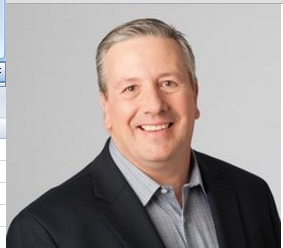
Ken Brooks
Officer A—March 2, 2016: Part of the U.S.-based intelligence group at Benghazi Base and was present for the attacks on September 11-12, 2012.

Michael Pearis
Gregory Hicks —April 14, 2016: Deputy Chief of Mission for Libya, arriving in Libya on July 31, 2012.
Drone Pilot # 1—May 25, 2016: This remotely piloted aircraft pilot operated a remotely piloted aircraft, commonly known as a drone, over Benghazi during the attacks.

Alan Davidson
Tidd, Kurt (Vice Adm.)—April 4, 2016: Served as the Director of Operations (J3) for the Joint Chiefs of Staff. Provided information regarding when the forces were ordered to deploy, who set the N-hour for those forces, and any issues he was made aware of regarding those forces deploying. N-hour specifies a time that commences formal notification to a rapid response unit and requires deployment within a specified time.

Gregory Diehl
Leidig, Jr., Charles J. (Vice Adm.)—April 22, 2016: At the time of the attacks, served as Deputy Commander for Military Operations United States Africa Command [AFRICOM]. He provided information regarding meetings and decisions made at AFRICOM.
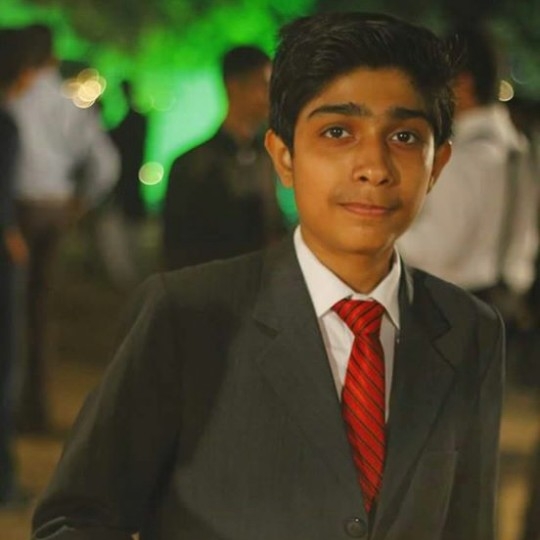
Zamn Tasawwar
Script Editor - Zamn was responsible for extracting and editing 314 scripts from the report and organizing them in a format that allowed the producer to organize, assign and monitor each script. Each actor's part was then carefully coordinated and produced on the audio timeline to produced the finished product.

